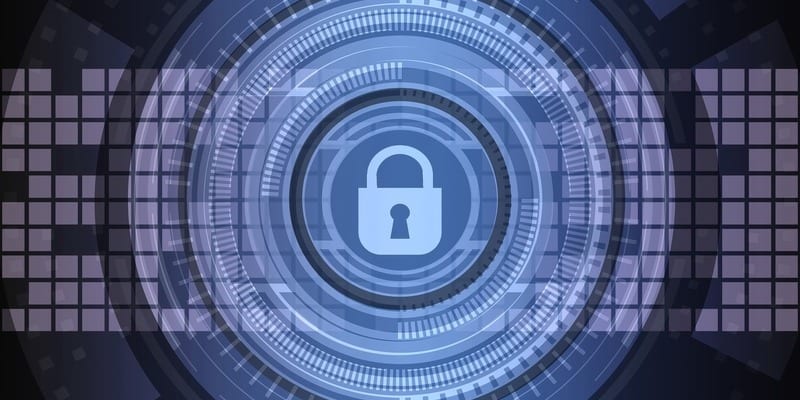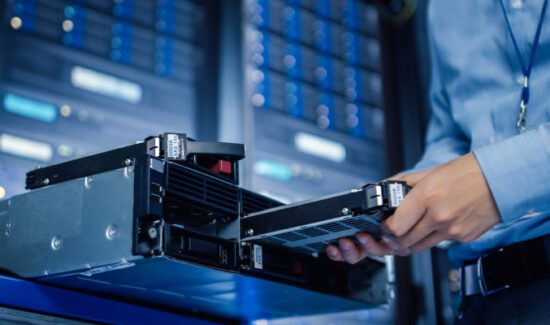WiFi Security: Keeping Your Enterprise’s Wireless Communications Safe

Enterprises usually operate multiple networks in their infrastructure, composed of different hardware and built to serve various functions. Wireless networks give users the power to access business resources over the network without having to connect physically to a network. It extends the ability of an employee to perform enterprise-critical tasks beyond the hardwired infrastructure. However, it also opens the door for security problems that can seriously affect an enterprise. To that end, WiFi security protocols need to be put in place.
Security is important for any enterprise network, and WiFi networks are no exception. Keeping your enterprise’s wireless communications safe and secure is essential to ensuring your networks operate properly. Read on to discover why WiFi security is important and some security protocols your enterprise needs to adopt.
Device monitoring
WiFi networks allow any user with a compatible device to connect to your network. This is both a blessing and a curse for enterprises. While it gives employees the ability to work on projects and tasks without making a physical connection, this can also let rogue IT devices gain access to your network. Basic network security features, such as data encryption and authentication systems, can provide your enterprise with a decent wall against devices you don’t want connecting wirelessly.
One way to keep track of all the devices on the network is via a network monitoring solution. Many monitoring tools are equipped to sweep for, discover, and observe every device on a network in real-time. These tools can also examine and analyze the device in order to determine if the device is causing issues. They can also detect malware and other harmful actors and determine where the threat originated from. This allows your enterprise to take steps to remove the device from the network and block access to it.
Guest WiFi access
Depending on the company, your enterprise may have guests coming onto your campus that you want to provide WiFi access for. Protecting your business-critical information from guests is not just a smart idea, but is also typically required to maintain data compliance regulations. Your guest WiFi network should only provide minimal functions for users, typically only allowing them to connect to the Internet.
Router and access point security
Your routers and access points are essential for setting up your wireless networks, but these need to be secured as well. Many wireless security problems come from devices that connect to it, but enterprises often forget to physically secure their network hardware. Your router should not be kept out in the open, and should be stored in a location that can only be accessed by the network team. Access points should also be physically secured to stop efforts to tamper with them.
Our Wireless Networks Buyer’s Guide contains profiles on the top wireless network solution providers, as well as specifications on the network hardware they provide. It also includes questions you should ask potential vendors and yourself before buying.
Check us out on Twitter for the latest in Wireless Networks news and developments!






















